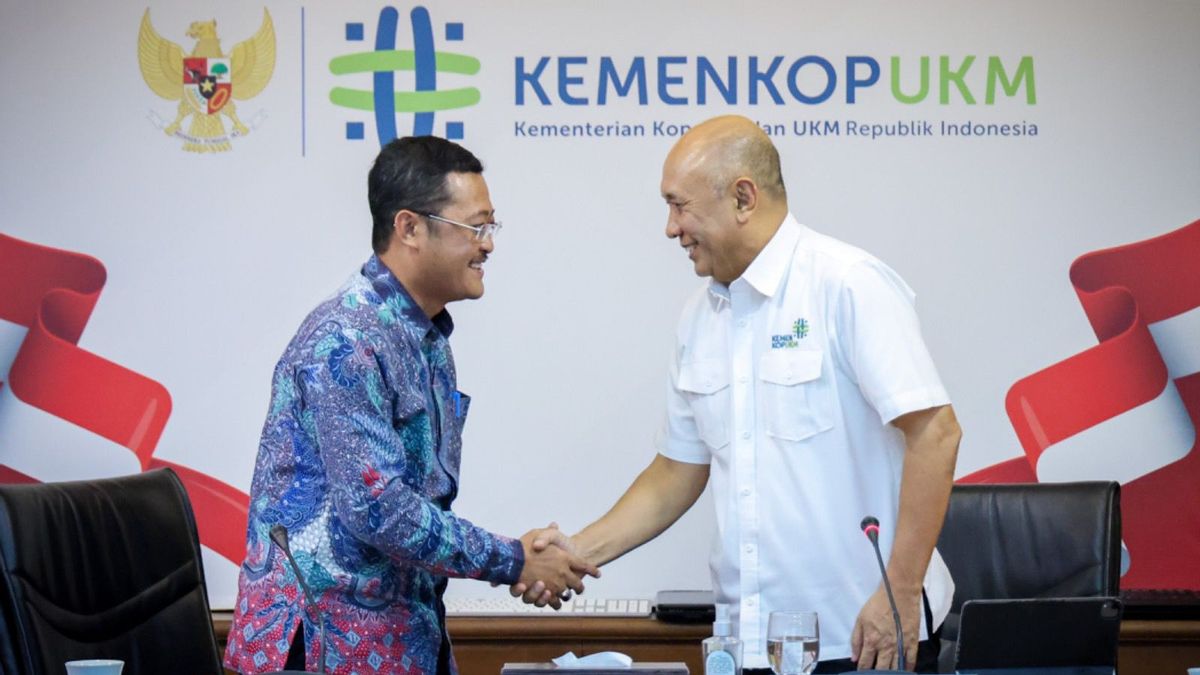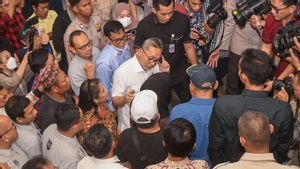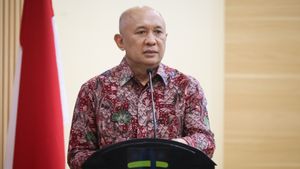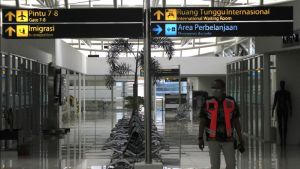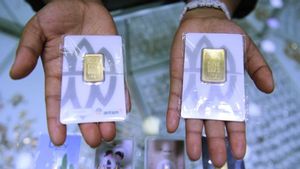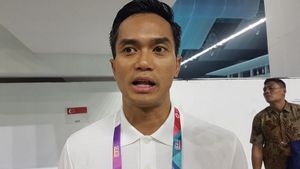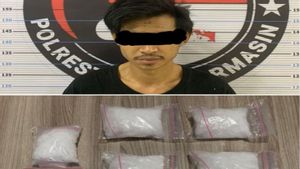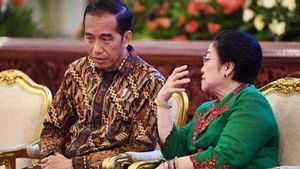JAKARTA - The Ministry of Cooperatives and SMEs (Kemenkop UKM) collaborates with the Business Competition Supervisory Commission (KPPU) to realize regulations that allow the creation of a healthy business competition climate, especially for MSME players in the era of digital transformation.
"For this reason, we will jointly regulate online trading, the Kemenkop UKM in terms of market competition interests hopes to create a fair climate, while the KPPU is tasked with monitoring indications and potential trade monopoly," said Minister of Cooperatives and SMEs (Menkop UKM) Teten Masduki in a written statement received by VOI, Friday, October 6.
Teten assessed that the current regulations are not strong enough to regulate the digital market, so to this day discriminatory treatment of independent sellers is still found on digital platforms.
For example, like a monopoly algorithm that can direct consumers to products from platform management companies and affiliated companies.
According to him, discriminatory treatment is carried out using special technology, making it easy for platform managers to read traffic and consumer behavior.
"Then, consumers are directed to buy their own products. On the other hand, MSME actors are also forced to use their delivery services," said Teten.
Therefore, Teten emphasized that digital market arrangements are needed to create a more just digital ecosystem.
There are at least three aspects that need to be regulated to solve these problems.
First, regarding the platform rules that need to be addressed, namely related to the integration of the platform which means setting up a data algorithm so that there are no irregularities.
"Don't let the global platform strengthen without the right regulations until the state can't control it," he said.
In addition, said Teten, the traffic of people with social media must be distinguished from people who enter e-commerce.
Because, if it is unified, it will be vulnerable to misuse of personal data.
"Personal data, which was not used as a trading business, is used as a market intelligence," he added.
Second, the need for strengthening in the trade aspect, which is to produce fair business competition so as not to cause a market monopoly.
Third, there is a need for regulations related to imports by tightening, regulating, and limiting the flow of goods in and out.
"Goods entering Indonesia must meet the standards of Indonesian goods and from the country of origin of goods, to online crossborders are required to apply the minimum goods price above 100 US dollars per unit," he explained.
اقرأ أيضا:
On the same occasion, KPPU Chairman M Afif Hasbullah said, Indonesia does not yet have regulations that cover detailed digital trade, even though the development of e-commerce and social media and all devices is very large.
"We agreed with the Coordinating Minister for SMEs to be jointly involved in resolving the national digital transformation strategy," he said.
Afif assessed that currently the regulations in the KKPU are not appropriate because they better regulate conventional trade, so that in the future it is possible to form a Law (UU) on the digital market.
"Today, we focus on this digital market law starting to become a concern and then it is hoped that our role can also be involved in it," he added.
The English, Chinese, Japanese, Arabic, and French versions are automatically generated by the AI. So there may still be inaccuracies in translating, please always see Indonesian as our main language. (system supported by DigitalSiber.id)
